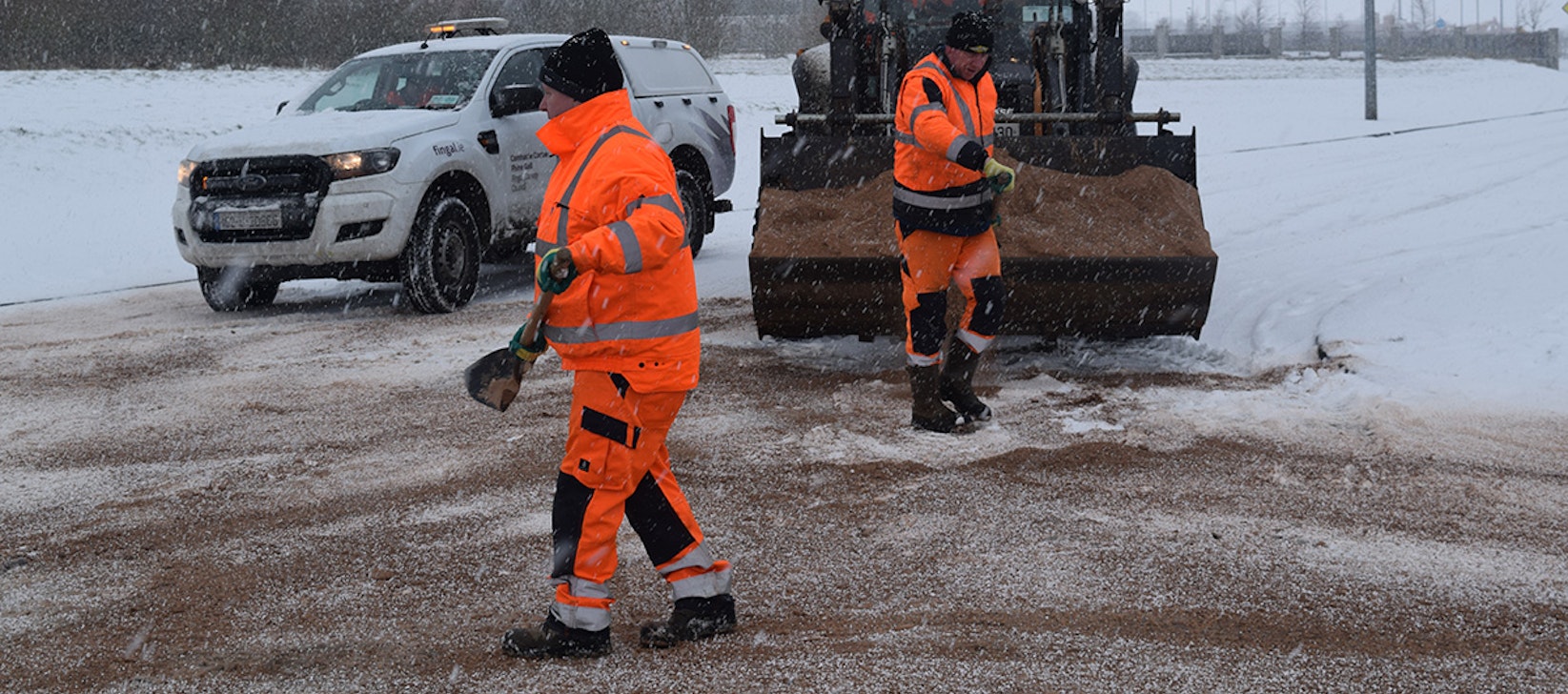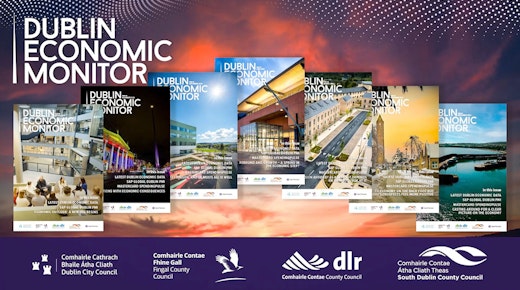Climate change represents one of the largest threats to the National and Regional Economy. A new approach is needed to ensure that Ireland can feasibly reach our 2030 emission reduction targets.
The major policy problems that face modern society are normally resolved by compromises involving many winners and some losers. However, climate change poses a rather different challenge. While we are all experiencing some of the effects of global warming, the consequences to date have not been that severe. However, if we fail to take action across the globe today, the situation will steadily deteriorate, with increasing costs and disruption for future generations.
The major problem for policy makers is that the costs of taking action today are not insignificant, while the huge long-term benefits for humanity of halting the progress of climate change will arise over future decades and centuries. This makes it difficult to build a coalition in support of action involving some costs, albeit limited, for us all.
The voters who will gain the most from urgent action are not yet born, while many of us alive today will never experience the worst effects of climate change. Thus politicians must appeal to altruism, rather than our pockets, if we are to succeed in halting the climate juggernaut.
We have seen that in the Budget for 2019 the government shied away from implementing even a limited increase in the carbon tax, in spite of the fact that such a tax would be a vital building block for any policy platform to tackle climate change. Hopefully, next year will see action in this regard. A no-action scenario risks reputational damage, as the Taoiseach Leo Varadkar has admitted that Ireland is a ‘climate laggard’.
The Climate Change Advisory Council (CCAC) is an independent body established by law to provide advice to government on how Ireland can best tackle the problem of climate change. In its Annual Review, the CCAC expressed serious concern that, due to the absence of a suitable policy response, Irish greenhouse gas emissions are rising at an alarming rate, rather than falling as planned. While the target that Ireland has set itself requires long-term cuts in emissions of 80% by 2050, emissions in 2016 were rising rather than falling. An increase in greenhouse gas emissions is evident across all sectors, with the largest increases in energy industries, transport and agriculture.
Failing to meet our 2030 target for reducing emissions could be very costly. Ireland could face very significant penalties and, simultaneously, it would have to implement a huge catch-up programme of investment to tackle the problem.

The key area where climate change policy has been successful has been in the deployment of renewable electricity, principally derived from windmills. Research shows that up to at least 2012, while our electricity bills included a subsidy for renewable electricity, the resulting abundance of wind energy reduced the actual electricity price by more than the cost of the subsidy. This was a win for consumers and a win for climate policy. The task of policy-makers is to find and implement the easy wins as rapidly as possible before moving on to tackle some of the harder tasks.
Local Authorities have a key role both in reducing emissions and also in preparing us for the growing disruption that the changing climate is bringing.
The State, through the Local Authorities, is Ireland’s largest landlord. It is the task of all landlords to undertake major upgrades of their stock of dwellings so that the energy demands and greenhouse gas emissions from dwellings are almost eliminated. With a stock of over 100,000 dwellings, implementing the necessary investment in climate–proofing its housing stock will be a massive challenge for Local Authorities over the coming decades. The cost will amount to billions of euro at a time when there are many other challenges. Apart from the financial pressures that upgrading the social housing stock will pose, the logistical challenge will also be very significant.
The model of development pursued up to the crash was utterly unsustainable. Housing was spread out in low-density developments or dotted across rural areas, while the increase in employment was occurring in urban areas. The result was increasing congestion and a huge increase in emissions of greenhouse gases from transport.
As set out in the National Planning Framework, the future has to be different. The bulk of new dwellings to serve the population working in Ireland’s cities needs to be built much closer to people’s work place. This will simultaneously reduce congestion and reduce emissions of greenhouse gases. This model will also require substantial investment in public transport to get people to work rapidly in an environmentally sustainable manner.
The increasing frequency of extreme weather poses huge challenges for us all. However, the task of organising our response falls to local authorities. To undertake this task they will need all the help they can get, including the support of the newly established regional climate offices, as well as the financial resources to undertake the necessary investment.





